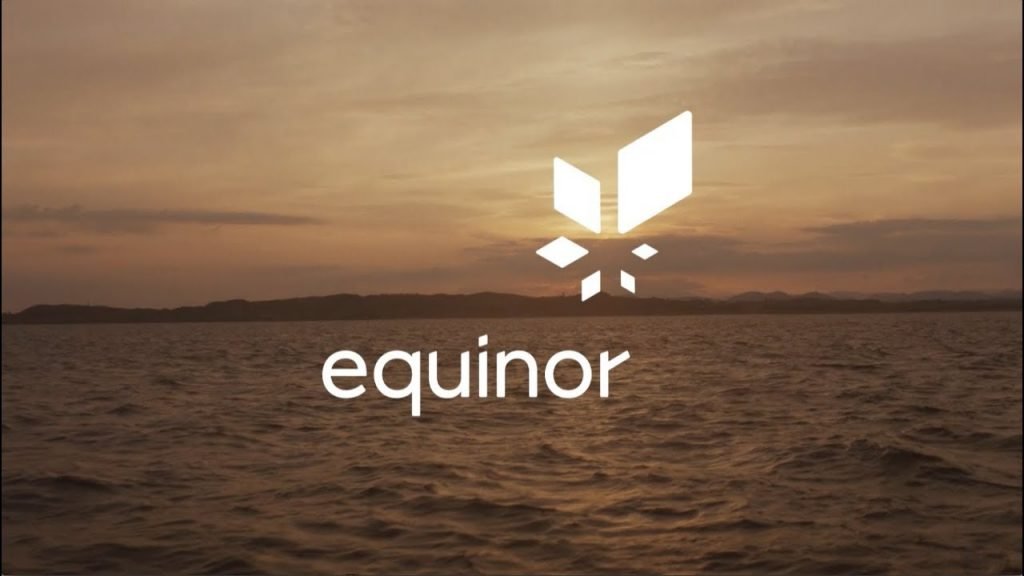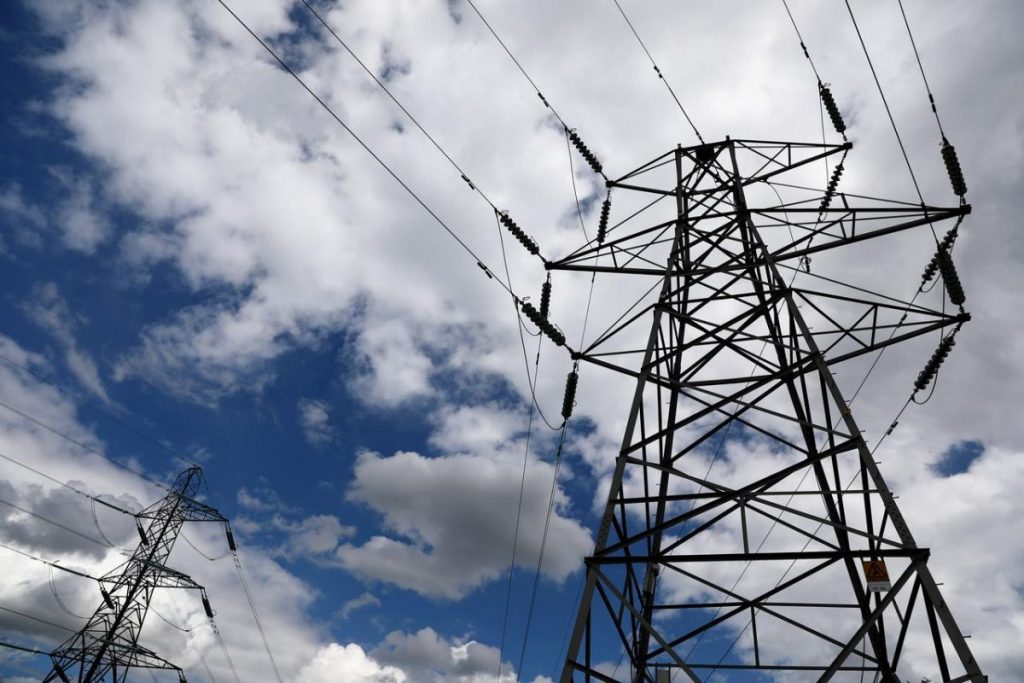 02 January 2013, Abuja – The director- general of the Energy Commission of Nigeria (ECN), Prof. Eli Bala was given a fellowship award by the Nigeria Society of Engineers (NSE) at its last annual general meeting/ conference in Abuja. He speaks here on issues around the role of sustainable energy on national development. The excerpts.
02 January 2013, Abuja – The director- general of the Energy Commission of Nigeria (ECN), Prof. Eli Bala was given a fellowship award by the Nigeria Society of Engineers (NSE) at its last annual general meeting/ conference in Abuja. He speaks here on issues around the role of sustainable energy on national development. The excerpts.
You have just been given a fellowship award by the Nigeria Society of Engineers (NSE), what is the significance of this award, especially in the country’s energy sector?
Energy is an instrument for development because no economy can grow without sufficient energy supply in the economy. And prosperity in the economy is quantified by the gross domestic product index and of course these numbers grow in relation to the amount of energy in the economy in the form of electricity, fuel and process heat. In converting energy resources to the various forms of energy you need technology and that is where engineers come into play. They also play a vital role in planning how this energy can be utilised to drive the economy.
The honour done to me as the head of ECN by the NSE, does not only symbolise the positive role I have played as an individual in the development of the engineering profession, it is also an indication of the contribution of this commission to the development of the Nigerian energy sector, particularly in the area of production of a strategic plan for the development of the energy sector. This is in line with a popular saying that “if you plan you may fail but if you don’t plan you will surely fail” and certainly the development in the Nigerian energy sector are as contained in the national energy policy as developed under the leadership of this commission.
Secondly in achieving the transformation agenda of Mr. President, energy is certainly required to improve lives, to change things from business as usual within the rural communities and this commission has also played its own role in the improvement of lives in the rural communities and the less deprived people, that is, people who don’t have modern energy services.
Thirdly, this commission has helped in building capacity particularly in the area of renewable energy development in this country.
Fourthly, this commission has projected this country in the international energy organisations, for instance, the international renewable energy agency, the world energy council. We actively participate and inform the international communities of what is happening in Nigeria’s energy sector. We also derive benefits like advice from these international energy organisations where this commission represents the country in.
I can only say that we are honoured, by this I mean, me as an individual and the commission at large, are honoured by the award of fellowship by the NSE on me, being the head of this institution.
We have just a few days to the end of 2013, what will you say has been the greatest achievements of this commission this year?
Well, in summary as a commission, I’ll say we have significantly promoted sustainable energy development in Nigeria. Sustainable energy is the form of energy development that is aspired worldwide in view of climate change effects. You know, non-renewable energy sources are depletable sources, one day these sources will end and we must have to turn towards renewable energy sources like the renewable which includes the sun, wind, biomass and hydro etc.
Just recently, we have succeeded in reviewing the National Energy Policy (NEP), which was last reviewed about eight years ago, to be in tandem with the current realities to drive sustainable energy renewable and efficiency development.
For me as a person and also as the head of ECN, this review is a big feat because the NEP has a vital role to play in shaping the Nigerian energy sector. This is because the NEP is a document that contains policy statements, policy objectives and strategies for each energy resource (oil & gas, coal, nuclear, solar etc); energy utilization sector (electricity, industry, agriculture, transport); related energy issues (environment, energy efficiency, R&D, indigenous participation, financing etc) as well as short, medium and long term implementation strategies.
So, what are we expecting from the commission in 2014?
In 2014, we will be consolidating on sustainable energy development; we promoted it in 2013, so we’ll be consolidating on that promotion in 2014 because it’s the way to make significant headway in sustainable energy development in Nigeria. The electricity sector will begin to feel the full effect of the privatization of the electricity sector.
– Nkechi Isaac, Leadership



